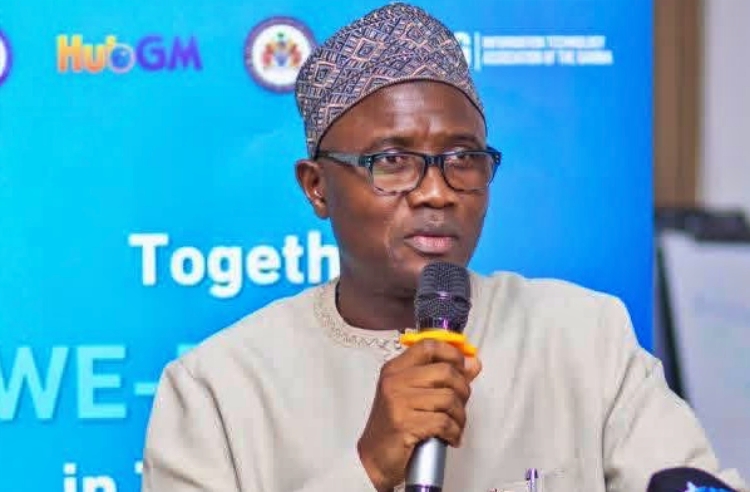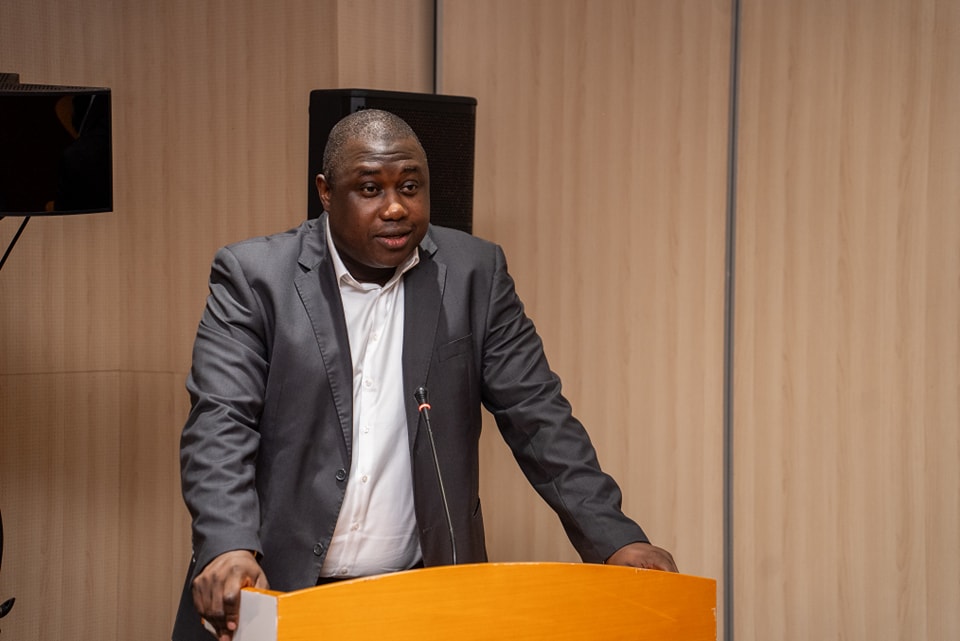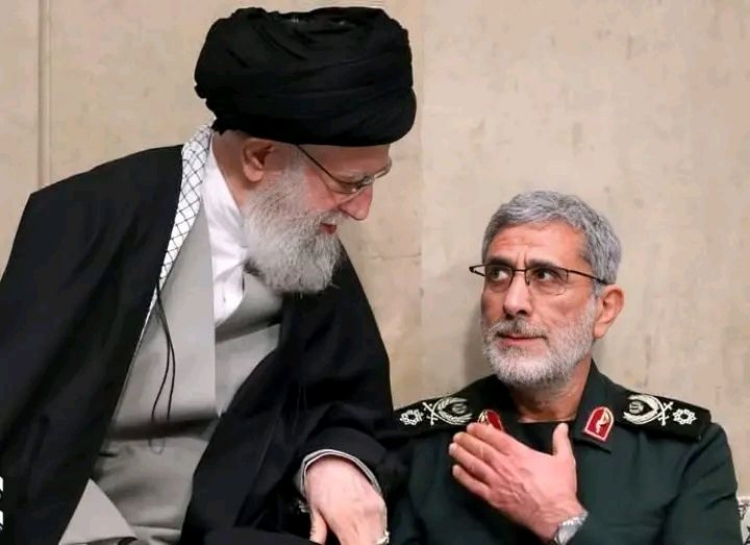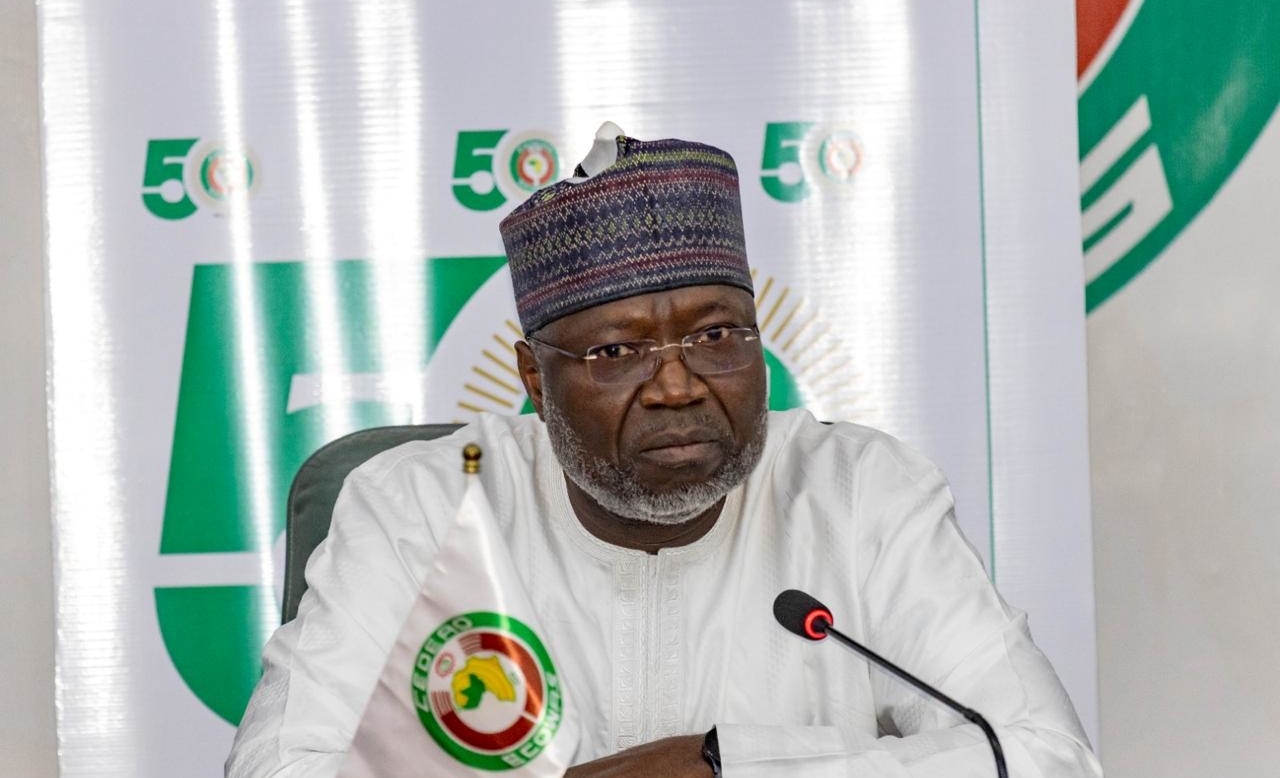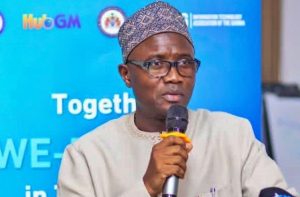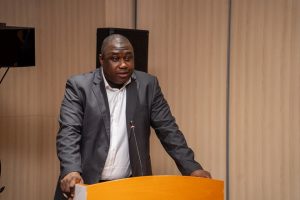Gambiaj.com – (ABUJA, Nigeria) – The Economic Community of West African States (ECOWAS) has reaffirmed its commitment to support The Gambia’s transitional justice process as the country moves closer to setting up a hybrid court to prosecute crimes and abuses committed under former President Yahya Jammeh’s regime.
This renewed assurance came during a meeting on Monday, 27 October 2025, between ECOWAS Commission President Dr. Omar Alieu Touray and a delegation from The Gambia’s Ministry of Justice in Abuja, Nigeria.
The visit, led by Ms. Ide Persson, Special Adviser to the Minister of Justice on Transitional Justice, sought ECOWAS’ technical and institutional backing for the next phase of The Gambia’s post-TRRC (Truth, Reconciliation, and Reparations Commission) process.
The delegation also included Abdoulie Hydara, Deputy High Commissioner and Head of Chancery at The Gambia High Commission in Nigeria, and Abdurrahman Maitama Yusuf, Director of Public Prosecutions.
Ms. Persson said the purpose of the visit was to strengthen collaboration with ECOWAS to ensure “an efficient, effective, and successful implementation of transitional justice” in the country.
In response, Dr. Touray reiterated ECOWAS’ unwavering commitment to support The Gambia in implementing the TRRC’s recommendations and operationalizing the planned Special Hybrid Tribunal. “ECOWAS will continue to work closely with The Gambia to ensure the timely and successful implementation of transitional justice,” he assured.
The meeting comes at a politically charged moment following Yahya Jammeh’s weekend announcement that he intends to return to The Gambia in November 2025 after nine years in exile in Equatorial Guinea. The declaration, made in an audio message shared with his loyalists and amplified across social media, has reignited debates over accountability and justice for the victims of his 22-year rule.
Human rights activists, TRRC victims, and civil society groups have called for Jammeh’s immediate arrest and prosecution if he sets foot in the country. Many have warned that his return, without accountability, could undermine years of transitional justice efforts.
Responding to the development, Information Minister Dr. Ismaila Ceesay maintained that the government had no hand in Jammeh’s decision to return but emphasized that the rule of law will prevail.
“Jammeh, as a private citizen in self-exile, can come back, and if he does so, he would be subject to the due process of the law set out in the TRRC process,” Dr. Ceesay said. “Government played no role—absolutely nothing whatsoever—in this decision.”
The Gambia’s transitional justice framework, anchored on the TRRC’s 2021 report, calls for prosecutions of those most responsible for human rights violations during Jammeh’s rule.
The proposed hybrid court, to be established in partnership with ECOWAS and the African Union, is expected to serve as the judicial mechanism for these prosecutions.
With Jammeh’s potential return now looming, the urgency of operationalizing the court, and the broader transitional justice agenda, has taken on new significance, testing The Gambia’s political resolve to confront the past while safeguarding its fragile democratic gains.



